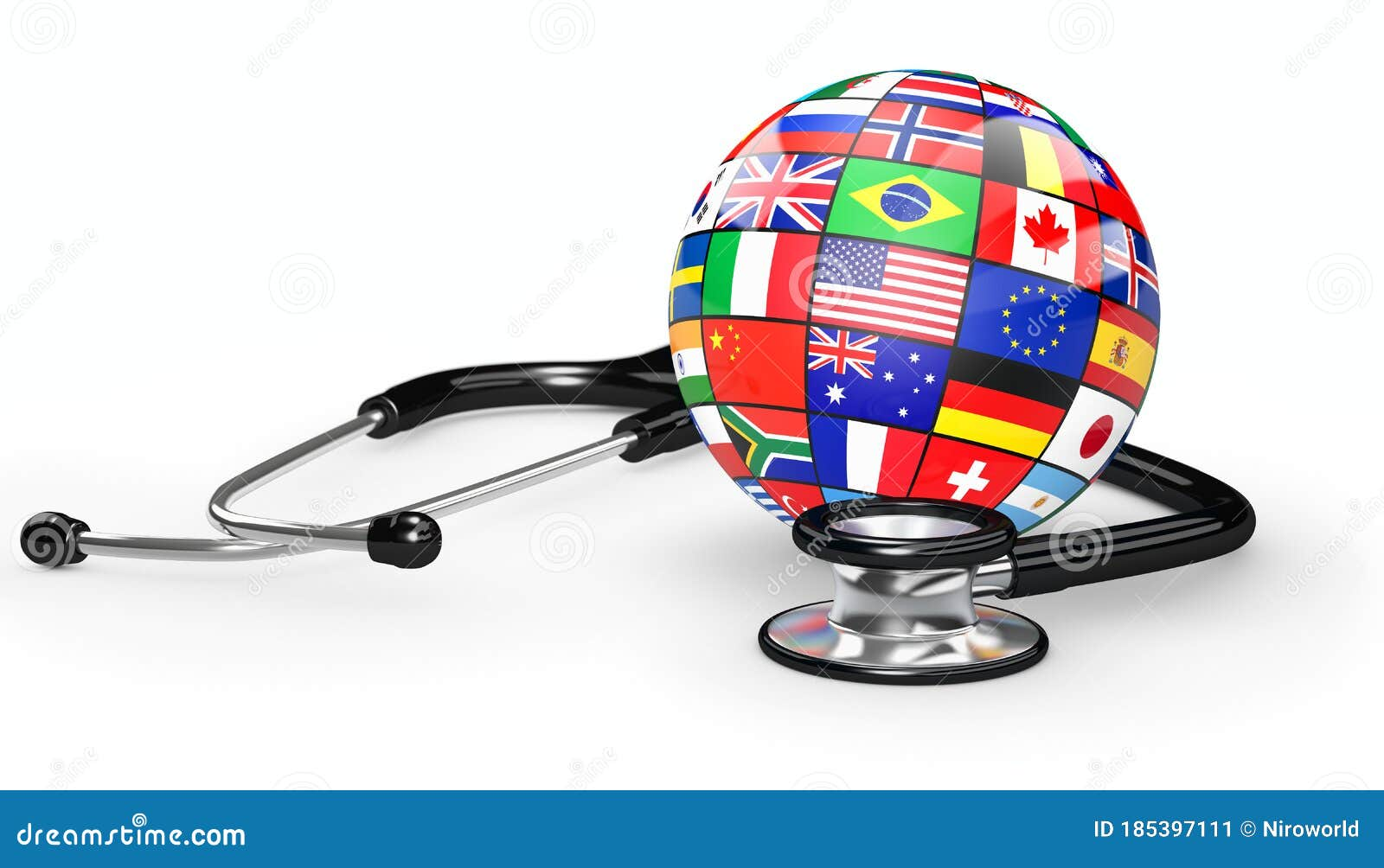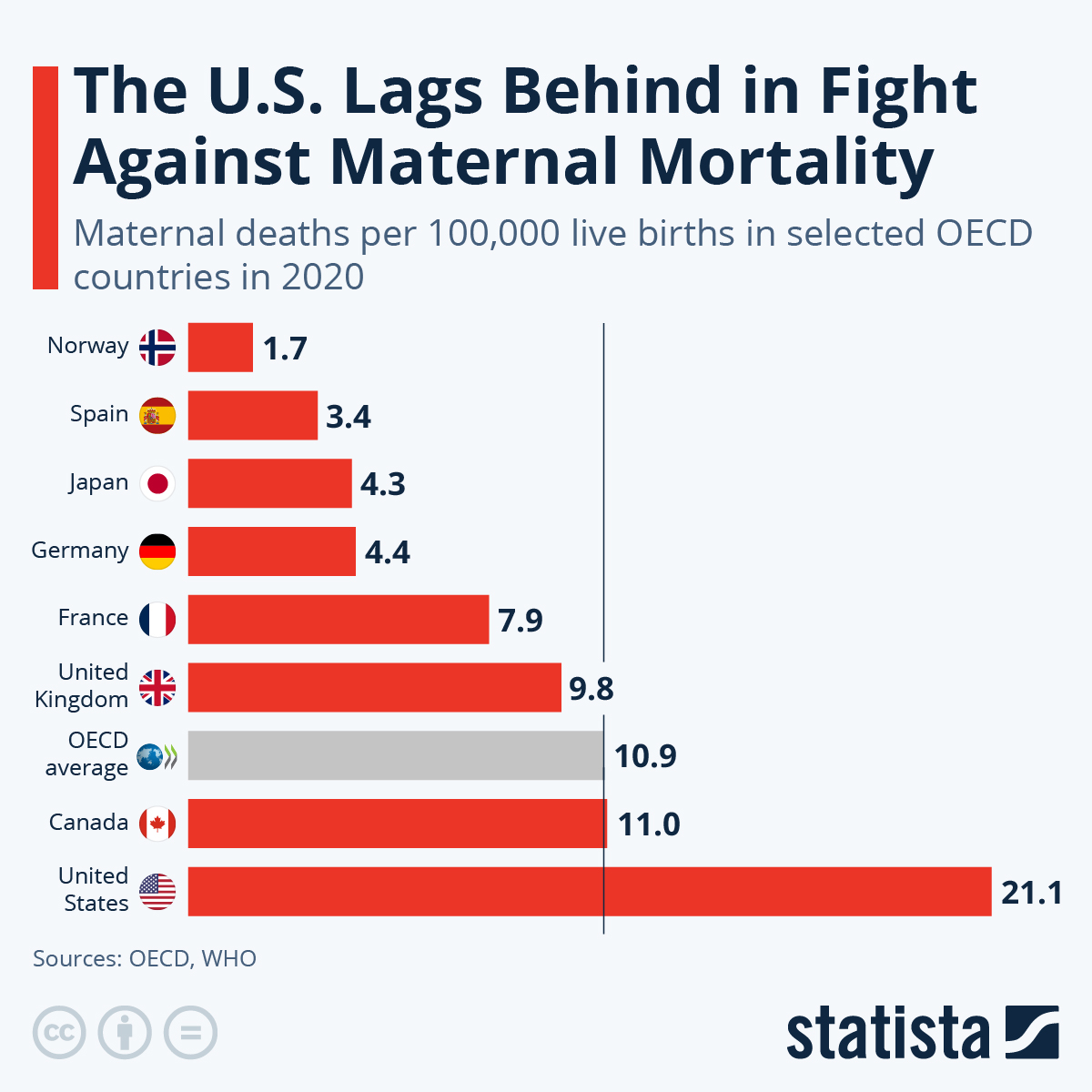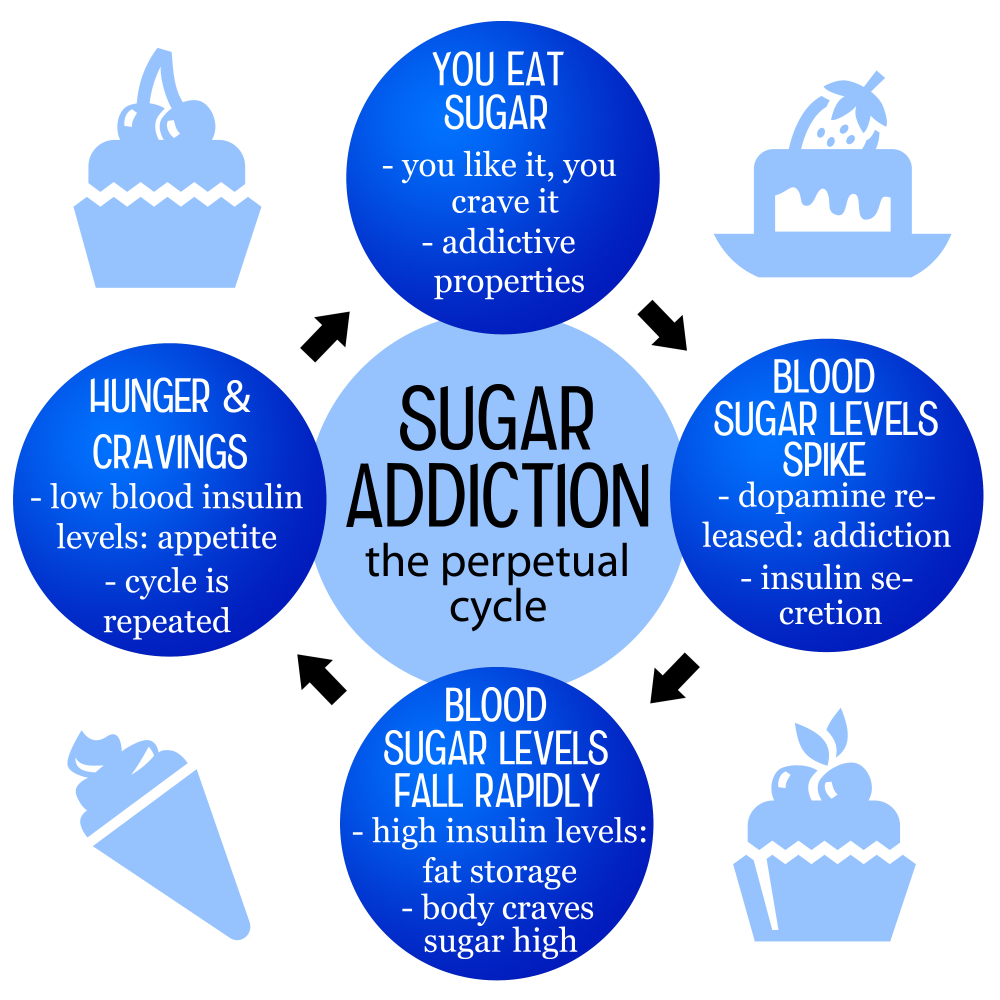Global health is an essential aspect of our interconnected world, influencing the wellbeing of populations across continents. As highlighted by thought leaders like Atul Gawande, the impact of the U.S. Agency for International Development (USAID) on international health programs illustrates the importance of maintaining robust health infrastructure. The recent dismantling of USAID has raised concerns about the future of global health leadership and the collective efforts to combat diseases that transcend borders. Without adequate support and commitment, initiatives designed to improve maternal and child health, disease prevention, and overall health equity may falter. In light of these challenges, it becomes crucial for health professionals and policymakers to prioritize global health initiatives that foster collaboration and innovation at every level.
In an era where health transcends geographic boundaries, the term ‘international health’ reflects the growing need for comprehensive strategies that address health disparities worldwide. The dissolution of programs under USAID has endangered vital initiatives aimed at tackling pressing health challenges, emphasizing the significance of global health endeavors. Leaders in the field, like Atul Gawande, urge a recommitment to fostering partnerships and strengthening the health systems that underpin community health on a global scale. Enhanced health infrastructure not only benefits individuals but also safeguards nations against potential health crises. With these realities in mind, it is evident that collaboration and global cooperation remain pivotal in advancing worldwide health goals.
The Impact of USAID’s Dismantling on Global Health
Atul Gawande, a notable figure in the realm of public health, has voiced significant concerns about the damaging effects of reducing the U.S. Agency for International Development (USAID). The Trump administration’s cuts resulted in the elimination of more than 85 percent of its international health programs, severely impacting global health infrastructure. Gawande argues that this drastic reduction in support not only undermines the capabilities of USAID but also threatens the health systems of many countries that relied on American assistance to combat diseases such as HIV, tuberculosis, and malaria.
The contextual need for a robust health infrastructure is now clearer than ever. Gawande’s experience illustrates how USAID played a crucial role in establishing a network that enabled faster responses to health crises. With a drastically reduced budget compared to local institutions, USAID successfully built a 50-country surveillance network. This has resulted in unprecedented response times for outbreaks, showcasing the vital importance of international health programs in safeguarding global health. The erosion of these programs raises important questions about the future of America’s role and effectiveness in global health leadership.
Creating Resilience in Health Systems Amidst Cuts
In addressing the challenges faced by global health initiatives, Gawande emphasizes the importance of resilience within health systems. Despite the disheartening state of affairs post-USAID cuts, he is optimistic that it is not too late to salvage the nation’s health infrastructure. Through technical assistance, organizations like the World Health Organization and USAID have been pivotal in improving vaccination rates and maternal health outcomes, pivotal for establishing resilience in communities. Gawande highlights that merely having solutions is insufficient; the real challenge lies in implementing and following through on these health solutions.
He stresses that consistent support is needed to maintain and elevate health measures previously established. For instance, the stabilization of medication supplies in countries following USAID’s operational support has led to improved health outcomes for millions. Nonetheless, without dedicated resources and continued international collaboration, these gains are at risk. Gawande’s position serves as a rallying call to reinvest in global health, urging health professionals and policymakers to advocate for sustained efforts that enhance and protect health infrastructures worldwide.
Navigating the Future of Global Health Leadership and Collaboration
Frequently Asked Questions
What is the role of USAID in global health programs?
USAID plays a significant role in global health programs by providing funding and technical support to improve health outcomes worldwide. The agency works on a range of issues, including maternal and child health, infectious disease control, and health infrastructure development. This commitment has helped reduce mortality rates and improve access to essential health services globally.
How has Atul Gawande influenced global health leadership?
Atul Gawande has made a substantial impact on global health leadership through his roles at USAID and as a surgeon and author. His emphasis on scientific evidence and innovative solutions, such as improving emergency response to outbreaks, exemplifies how effective leadership can enhance global health initiatives across nations. Gawande advocates for sustained commitment to health systems globally.
What are the consequences of budget cuts to USAID on international health programs?
Budget cuts to USAID have devastating consequences for international health programs, including the cessation of crucial services and support. More than 85% of its programs have been terminated, leading to setbacks in combating diseases like HIV and malaria, and diminishing the quality of health infrastructure in developing countries affected by these cuts.
How do health infrastructure improvements contribute to global health?
Improvements in health infrastructure are vital for advancing global health as they facilitate better access to medical services, enhance disease surveillance, and ensure timely responses to health crises. Investments in health systems have shown to save lives, lower disease rates, and strengthen community resilience against potential outbreaks.
What lessons can be learned from USAID’s approach to global health initiatives?
Lessons from USAID’s approach include the importance of sustained commitment, strategic partnerships, and effective technical assistance. Their model emphasizes enhancing delivery systems to achieve higher vaccination rates and improve overall health outcomes, showcasing how structured support can transform health landscapes.
Why is Atul Gawande optimistic about the future of global health?
Atul Gawande expresses optimism about global health due to the resilience and innovations emerging from health communities worldwide. Despite challenges posed by political changes, he believes that expertise and dedication within the field will continue to drive progress, highlighting the importance of skilled professionals in tackling global health challenges.
In what ways can individuals contribute to global health initiatives?
Individuals can contribute to global health initiatives by advocating for health equity, volunteering, supporting research initiatives, and engaging with organizations focused on international health programs. By leveraging their skills and networks, they can help amplify local efforts and collaborate on health solutions that address pressing global issues.
How does USAID support health infrastructure in developing countries?
USAID supports health infrastructure in developing countries through funding, training programs, and collaborative efforts that enhance healthcare systems. Their programs aim to build facilities, strengthen health workforce capacities, and improve logistics for essential medical supplies, which are crucial for delivering effective healthcare services.
| Key Point | Details |
|---|---|
| Atul Gawande’s Role | Former head of USAID’s Bureau for Global Health; emphasized the importance of commitment to science and medicine. |
| Impact of USAID Cuts | Devastating damage to health infrastructure and programs, affecting millions globally. |
| Successes of USAID Before Cuts | Built a 50-country network for disease surveillance, reduced outbreak response time significantly, and improved maternal and childhood health outcomes. |
| Current Challenges | Funding freezes jeopardize ongoing health research and programs, affecting health outcomes. |
| Future of Global Health Leadership | Uncertainty over U.S. leadership in global health; potential for other countries and states to fill the gap. |
Summary
Global health is a critical issue that has faced significant challenges recently, particularly due to the dismantling of crucial support systems like USAID. Atul Gawande highlighted the damage caused by recent government decisions, but he remains hopeful about the future. He urges continued dedication to health and science despite uncertainties in U.S. leadership. With the importance of collective action in global health efforts, it’s vital that professionals and advocates remain vigilant and proactive to ensure positive health outcomes worldwide.




